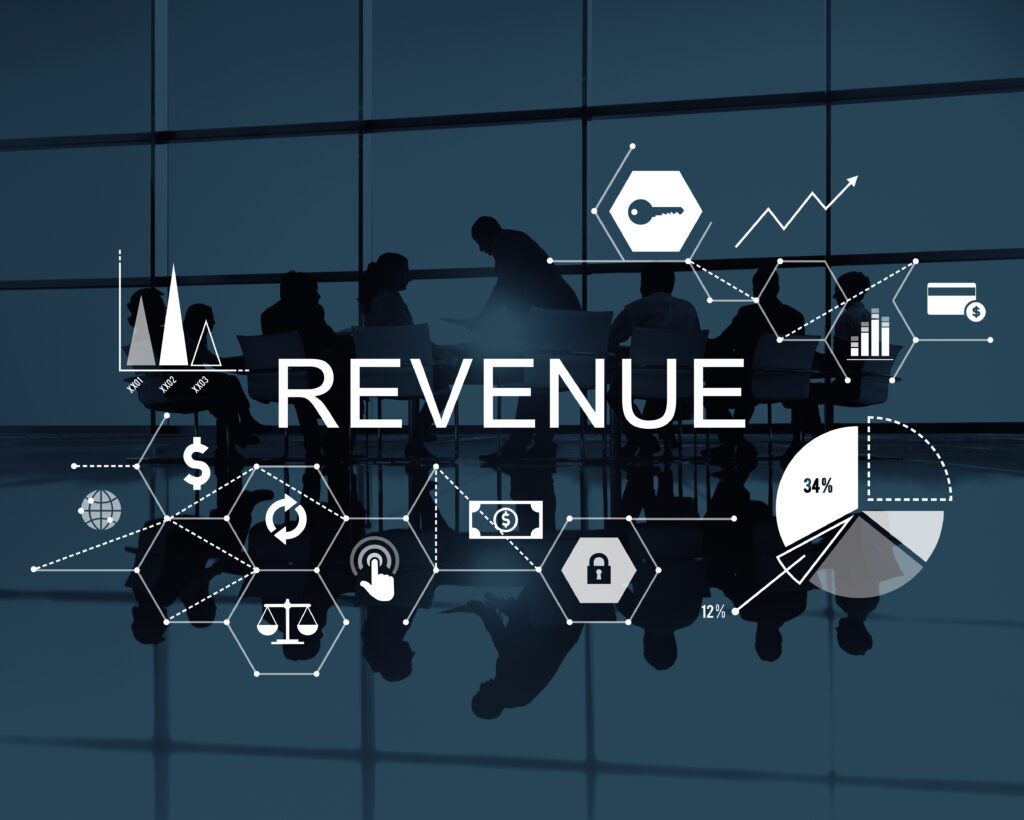Predicting Health Outcomes To Potentially Avoid Chronic Conditions In The Future.

AI, or artificial intelligence, is becoming a valuable tool for healthcare providers by helping predict who may be at risk for chronic diseases like diabetes or heart disease before these conditions fully develop. It works by analyzing large amounts of data, such as medical records, family health history, and lifestyle details, to find patterns that might not be obvious at first glance. This early detection allows doctors to take proactive steps, such as suggesting lifestyle changes or preventive treatments, to reduce the chance of these health issues becoming serious or costly in the future.
Additionally, AI connects with devices like fitness trackers and smartwatches to monitor patients’ health in real-time. For example, if a wearable device notices a sudden spike in heart rate, AI can alert healthcare providers, allowing for quick action to address potential issues. This approach shifts healthcare from simply treating illnesses to actively preventing them, supporting a system that prioritizes long-term health and minimizes the impact of chronic conditions on patients’ lives.
Increase Revenue Through Improved Billing Procedures In Healthcare.

AI is making a big impact on healthcare revenue by improving how billing is done. In the past, billing mistakes or missing charges could mean lost income, but AI helps catch these issues right away. It reviews each bill, making sure all treatments, tests, and procedures are recorded correctly. This helps healthcare providers get paid fully for the care they provide, with fewer denied claims or missed charges.
AI also speeds up the billing process, which helps with cash flow. By quickly analyzing patient records and suggesting the correct billing codes, it cuts down the time needed to create and send bills. Plus, by reducing errors, AI helps billing teams avoid the time-consuming work of fixing mistakes or handling follow-ups with insurance. This faster, more accurate system brings in revenue sooner and reduces the costs of managing lengthy billing cycles.
Active Audit and Monitoring of Internal Systems With Business Protected Information.

AI is becoming an essential tool in healthcare for auditing and monitoring patient information, ensuring privacy rules are upheld and data stays secure. Each time patient information is accessed, healthcare organizations record it, but manually checking every access is challenging. AI can quickly review these records and detect unusual patterns that might suggest unauthorized access. For example, if a staff member starts looking at records they don’t need for their role, AI can flag this activity so the privacy team can investigate further.
Additionally, AI helps healthcare organizations maintain compliance with privacy regulations like HIPAA by continually monitoring who accesses sensitive information and confirming it follows the rules. Acting like a digital security guard, AI not only catches potential risks but also reveals patterns that help improve data protection efforts. By spotting issues early, AI not only strengthens patient privacy but also reduces the chance of fines or penalties for the healthcare organization.
Are There Risks For Using AI Technology In Business?

AI can be really helpful for a business, but it comes with some risks that need careful attention. One big concern is keeping data private. Since AI often needs to look at a lot of information to work well, including personal details, it’s important to handle this data safely. If privacy rules like GDPR or HIPAA aren’t followed, the business could face big fines or legal trouble. So, making sure AI tools are safe and follow privacy laws is a top priority.
One other potential risk is making sure AI is fair and transparent. If AI is used to make decisions that affect customers, employees, or any part of the business, it’s important to understand how those decisions are made. If the AI’s decisions seem unfair or biased, the business could be at risk for complaints about discrimination or unfair treatment. Companies may handle this by regularly checking their AI systems and keeping records of how these decisions are made.
